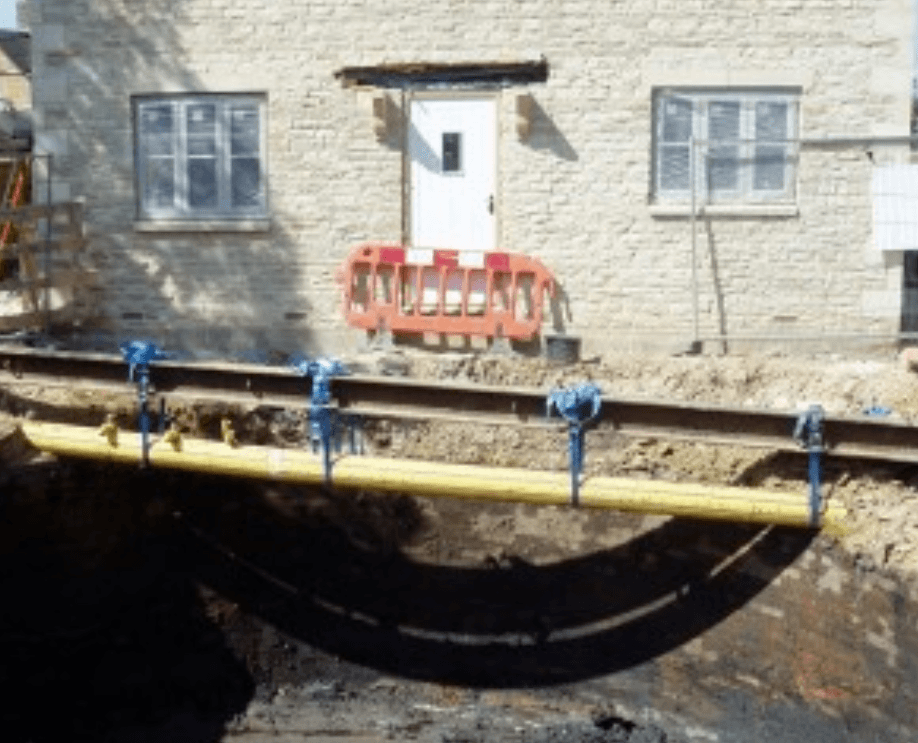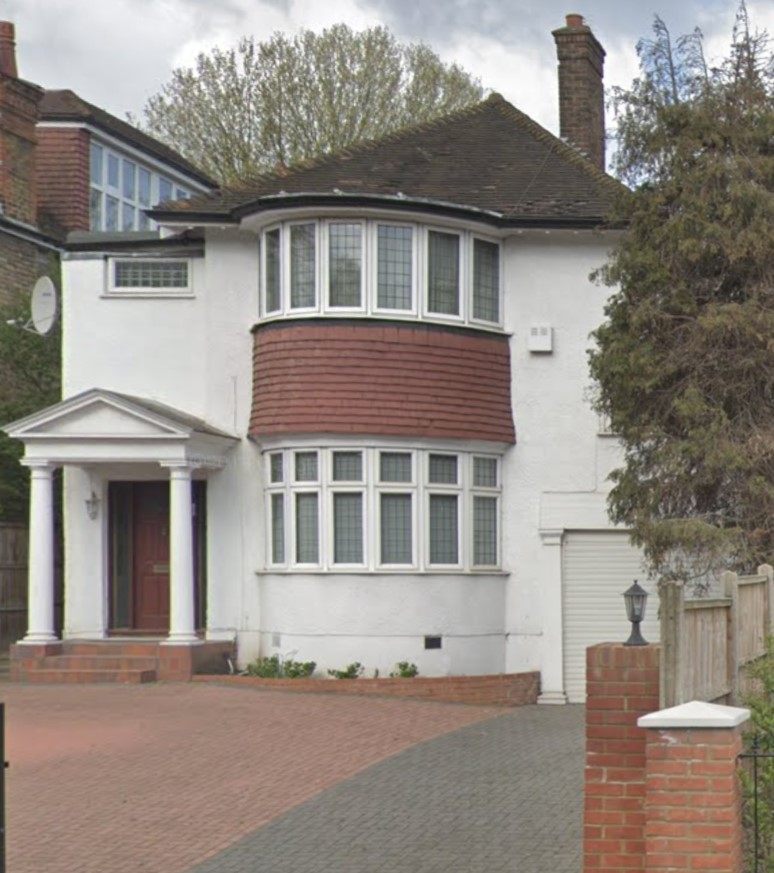
- Release tax-free money from your house with Hinckley and Rugby Building Society Equity Release
- No need to make monthly payments
- Buy a family member a home without a mortgage.
- Continue to stay in your property for as long as you like
- 5.04%
Loan to value for equity release?
You can get 60% of your property’s valuation. For example, if your house is worth £200,000, you can release £120,000.

Customer Testimonials

Julia A
My mother has dementia. With my solicitor and power of attorney, I got an equity release on my mother’s house to pay for specialist modifications for her comfort.

Mrs M from Birmingham
With no broker or lender fees, I got an interest-only retirement mortgage, which I pay monthly from my private pension. The money released went to my daughter for her wedding and a deposit for her next house. She wanted a family, and her flat was too small.

Mrs E from London
My mortgage needed to be repaid to the existing lender, and I thought I was going to lose my house. Thanks to Concise, I got an equity release to pay off my mortgage.

David P
With my power of attorney, I got an equity release on my father’s house to pay for disability provisions, including a lift and a new kitchen.

Mr Smith from Kendal
My financial advisor told me I should get equity release and gift money to my five children now as it would save a massive amount of inheritance tax.

William from London
My lawyer told me my inheritance tax bill would be around £250,000. I got a lifetime mortgage to give money to my son and daughter so they could buy bigger homes, and we bought a house in the south of France for us all to use as a holiday home.
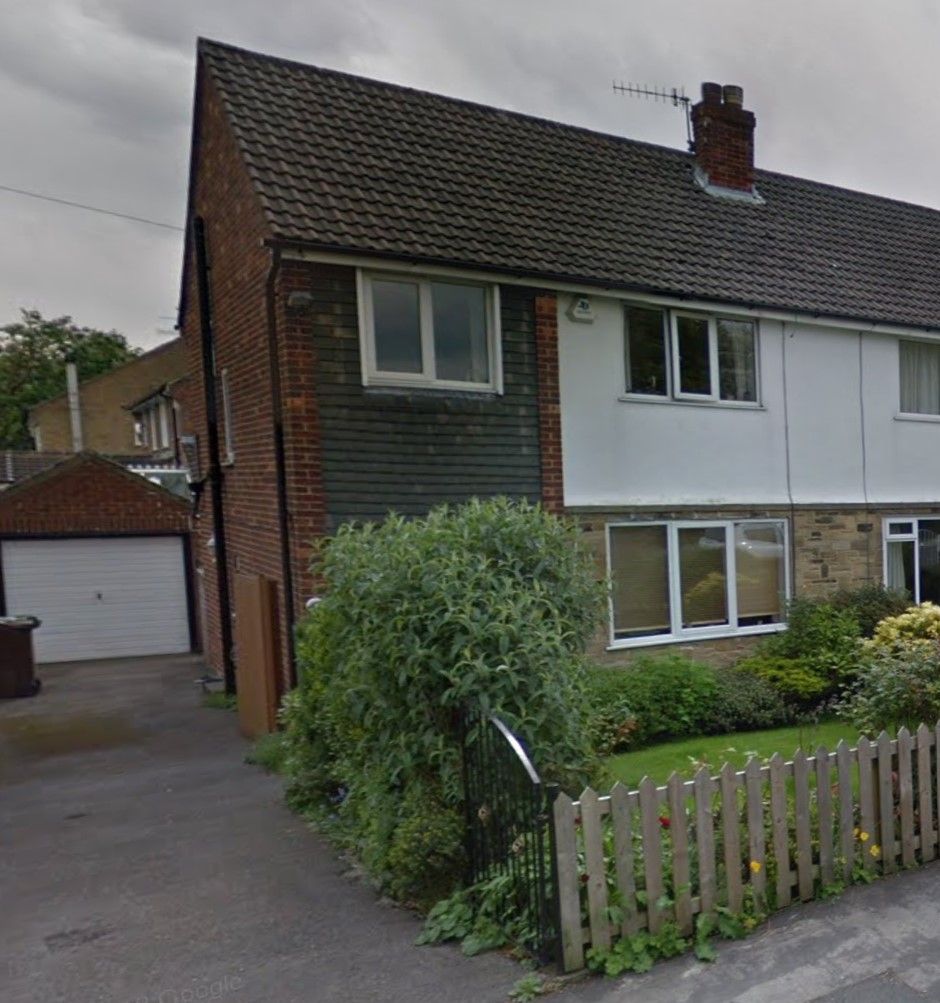
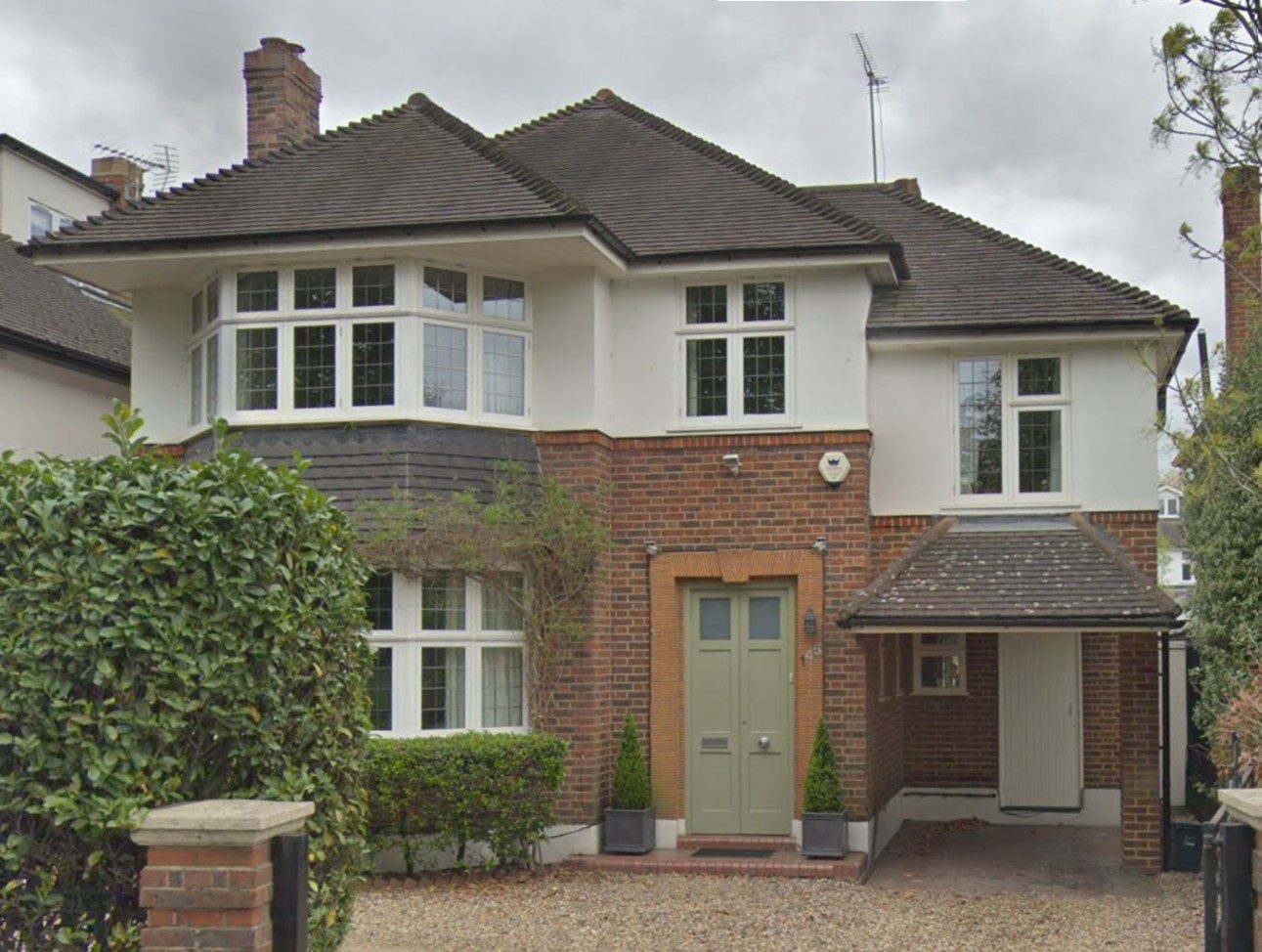
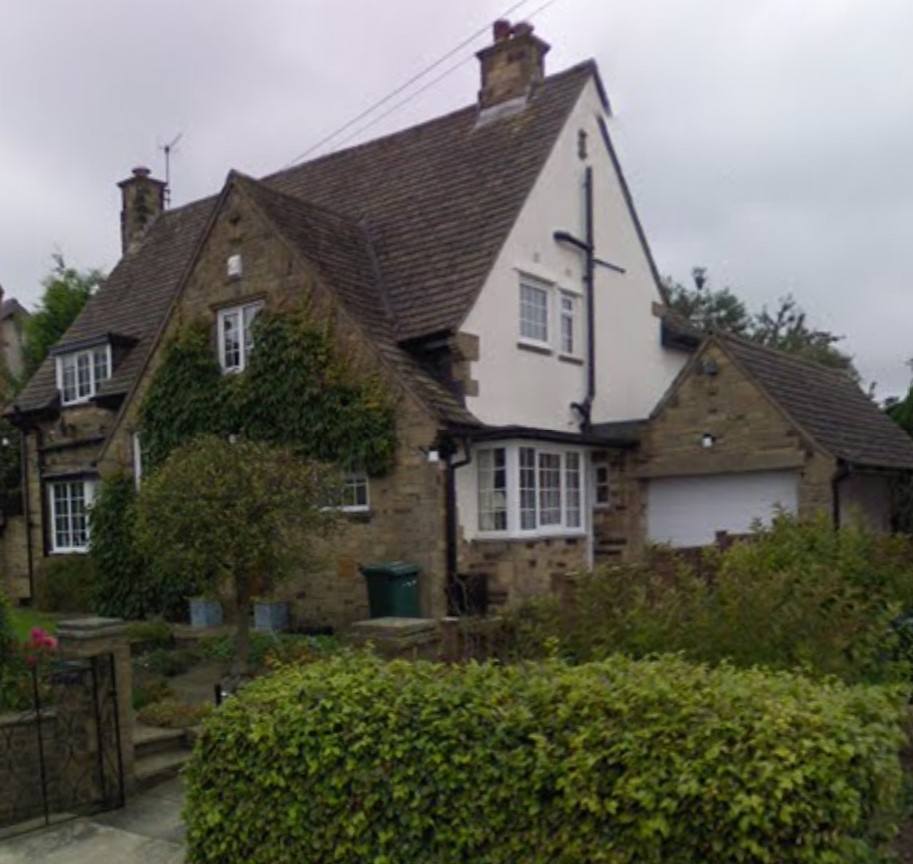

- Nationwide Bank Retirement Mortgages over 60 House
- Barclays Retirement Interest Only Mortgage On Second Property
- Natwest
Understanding Equity Release Rates
As homeowners approach retirement, the equity built up in their property becomes a valuable asset, offering financial security for their later years. Equity release is a mechanism that allows homeowners to unlock this value. This extensive guide delves deep into the intricate world of equity release rates, clarifying what homeowners should expect as they age.
Mortgages Over 55
At 55, most individuals start considering their retirement finances. The options available are broader due to the longer expected loan term.
Typical Rates and Options
The typical equity release rates for homeowners over 55 are slightly higher, reflecting the longer potential loan duration. However, many providers offer competitive deals catering specifically to this age group.
Considering Future Moves
At 55, homeowners might still consider relocating. Therefore, evaluating portability features in any equity release product is essential.
Hinckley Rugby Building Society Mortgages Over 60
As homeowners edge closer to retirement age, their financial needs might shift.
Shift in Lending Criteria
Many providers offer attractive rates to those over 60, as the loan term expectation shortens.
Planning for Retirement
This age bracket is crucial for evaluating retirement finances and ensuring a buffer for unexpected costs.
Hinckley & Rugby Building Society Mortgages Over 65
The official retirement age for many, 65 is a pivotal age for equity release.
Benefits of Age
The equity release market for those over 65 is vast, with more competitive rates and flexible conditions.
Assessing Health and Longevity
It’s also the time many consider health in their financial planning, potentially affecting how much they wish to release.
Hinckley and Rugby Building Society Mortgages Over 70
Post-retirement, the focus shifts from long-term savings to immediate financial security.
Maximizing Property Value
Homeowners can maximise their release value since the property might be fully paid off.
Considering Lifestyle Changes
Travel, medical expenses, and supporting family can all influence the decision on how much equity to release.
Mortgages Over 75
The options narrow slightly, but equity release is still a viable financial tool.
Higher Release Percentages
Given the shorter expected loan term, providers may allow a higher percentage of the property’s value to be released.
Ensuring Comfort
The focus here is ensuring comfort and financial stability in the later stages of life.
Types of Equity Release Products
Retirement Remortgages
This is an option for those who have paid off their mortgage but wish to tap into their property’s equity without selling.
How They Work
Retirement remortgages allow homeowners to borrow against their property, with the loan repaid when the property is sold.
Interest Rates
Rates vary, but due to their short-term nature, they can be higher than standard mortgages.
Pensioner Remortgage
Designed explicitly for pensioners, these cater to the financial needs of retirees.
Advantages
Lower interest rates and more extended repayment terms are the hallmarks of pensioner remortgages.
Eligibility
Lenders might have specific criteria, including age and pension income.
Lifetime Mortgage
The most popular equity release product, lifetime mortgages, doesn’t require monthly repayments.
Types
There are various types of lifetime mortgages, including drawdown, interest-only, and enhanced.
Repayment
The loan is repaid from the home’s sale proceeds, typically when the homeowner passes away or moves into long-term care.
Release Equity
The process of unlocking the value tied up in a home.
Methods
Homeowners can choose from home reversion plans or a lifetime mortgage to release equity.
Factors to Consider
The amount of equity that can be released, the value of the home, and the homeowner’s age are all critical factors.
Equity Release
A broad term encompassing various products allowing homeowners to access their property’s value.
Benefits
Equity release provides tax-free cash and doesn’t require homeowners to move.
Things to Watch
It’s vital to consider interest rates, potential early repayment charges, and the impact on inheritance.
RIO Mortgage
Retirement Interest Only mortgages are a newer offering in the equity release world.
RIO Mortgage
Retirement Interest Only (RIO) mortgages are a distinct solution in the equity release sector designed for older homeowners.
Distinguishing Factors
Unlike standard equity release products, a RIO mortgage requires borrowers to make monthly interest payments, ensuring the loan amount remains constant throughout its term. This makes it an appealing option for those with a steady retirement income who wish to keep their eventual loan repayment from increasing.
Eligibility and Terms
Lenders typically offer RIO mortgages to those aged 60 and above, but the precise age can vary. The loan is repaid when the homeowner sells the property, moves into long-term care, or passes away.
Factors Affecting Equity Release Rates
The rates available on equity release products, including lifetime mortgages and RIO mortgages, can vary significantly. Here’s what impacts these rates.
Age of the Borrower
The homeowner’s age plays a pivotal role in determining the rate.
Younger Borrowers
Younger homeowners, particularly those over 55, might find rates slightly higher due to the potentially longer duration of the loan.
Older Borrowers
Conversely, those over 75 might access better rates since the expected term of the loan is shorter.
Property Value and Location
The property’s worth and its location can influence the amount of equity available and the rates offered.
High-Value Properties
Homes with a higher market value might enable homeowners to release a more significant sum, potentially at more competitive rates.
Geographical Considerations
Property in areas with high demand or growth potential can attract better equity release rates.
Health of the Borrower
Specific equity release schemes, particularly enhanced lifetime mortgages, consider the health and lifestyle of the borrower.
Enhanced Rates
Suppose a homeowner has specific health conditions or lifestyle habits that could reduce their life expectancy. In that case, they might qualify for enhanced rates, which would allow them to release more equity from their home.
Standard Rates
In contrast, those in good health will receive standard rates, reflecting the potential longer duration of the loan.
How to Navigate Equity Release
Navigating the world of equity release requires research, professional advice, and careful consideration.
Seek Professional Advice
Before making any decisions, seeking advice from a qualified equity release advisor is crucial.
The Role of an Advisor
An equity release advisor will assess the homeowner’s financial situation, needs, and objectives and provide tailored recommendations on the most suitable products and lenders.
Ensuring Safety
Always ensure that the advisor is registered with a recognized body, such as the Equity Release Council in the UK, ensuring adherence to a strict code of conduct.
Consider Alternatives
Equity release might not be the best solution for everyone.
Downsizing
Some may find it more beneficial to sell their current property and move to a smaller, more affordable home, freeing up cash.
Family Assistance
Sometimes, family members might be willing to assist by providing financial help or joining joint property ventures.
Understand the Long-Term Impact
Equity release has long-term implications, not only for the homeowner but also for potential heirs.
Impact on Inheritance
Since equity release reduces the estate’s value, potential heirs might inherit less. It’s crucial to have open discussions with family members about this.
Future Financial Needs
When deciding how much equity to release, ensure you’ve accounted for potential future needs, such as care costs.
Homeowners must understand the plethora of products, rates, and factors in the evolving equity release landscape. As life expectancy increases and the need for financial flexibility in retirement grows, equity release is a pivotal tool for many. Always approach cautiously, arm yourself with knowledge, and seek expert advice to ensure the best outcome for your circumstances.
- Natwest Equity Release Advice
- Nationwide Lifetime Mortgage Buy To Let
- Nationwide Retirement Mortgage Broker
- Under 40 Equity Release From Property
- Tipton & Coseley Mortgage Reviews
- Under 50 Equity Release Scheme
- Best Mortgages For Over 50s Retirement Mortgage Comparison
- steel framed Houses Mortgage Lifetime Mortgage Drawdown Scheme
- Nationwide Equity Release Advice
- Natwest Lifetime Mortgage Broker
- Yorkshire Building Society Lifetime Mortgage Home Reversion Plan
- BISF Equity Release Plans
- Power Lines Equity Release Plans
- Bad credit Home Equity Release 2025
The 1st and 2nd charge lender will want to know if the property is a semi-detached freehold house or a Leasehold flat with a share of freehold and if the resident is an Assured shorthold tenancy tenant.
It is very common to encounter people searching for monthly payments, lump sums, or lifetime mortgages with flexible drawdown cash release. However, like VitalityLife Equity Release, More to Life is keen to see evidence of your situation in the form of bank statements.
Aviva Drawdown Lifetime Mortgages
Equity Release Under 55
One Family Retirement Mortgages
Challenging to finance home titles can include rent-charged properties with a high estate rent charge, leasehold properties with a short lease, typically less than 70 years, or a defective lease, properties of non-standard construction, timber buildings, and concrete panel houses.
Downsides of Hinckley and Rugby Building Society Equity Release Schemes
A monthly payment lifetime mortgage can reduce the value of your estate. A monthly payment lifetime mortgage may impact the ability to claim entitlements. You may need to pay a valuation fee and be exposed to changes in interest rates with some products.


Challenging to finance property titles can include grade ll Listed houses (grade C in Scotland and B2 in Northern Ireland), properties with a single annexe or another self-contained part of the property, grades l and ll* Listed Buildings in England & Wales (Grades A and B in Scotland; A, B+ and B1 in Northern Ireland), properties that have solar farms or a large number of wind turbines on the land and properties which have been built on a previously contaminated land are acceptable provided the result of an environmental search determines the land to be clear of contamination.

Difficult-to-finance home variants can include complex roof structures, properties with pre-1945 asbestos or similar composition roof tiles, steel frame/clad properties built before 1990, studio flats outside the M25 and flats above or adjacent to commercial premises.

Hard-to-mortgage home types include homes requiring essential repairs, age-restricted properties, and leasehold properties (England, Wales, Northern Ireland) subject to a lease length of 160 years. In these properties, the customer offers only part of the title as security for the loan and properties where the borrower(s) own the freehold with any connected party.

Some of the most popular loan-to-value ratios of Standard Chartered help-to-buy mortgages for over-60s, Shepherds Friendly mortgages for 60 plus, Sainsbury’s equity release schemes for over 55s, Principality Building Society interest-only mortgages for over-60s near London, West Bromwich Building Society pensioner mortgages for over 70s, and Progressive Building Society mortgages for 60 plus pensioners are 40%, 55%, and 65%.
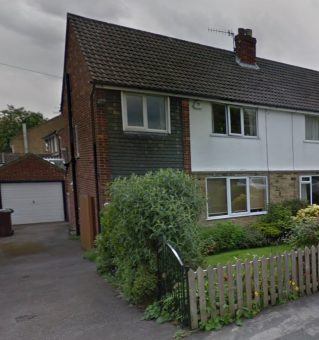
Small business owners are likely with equity to be released from their homes.
- Wholesale of furniture, carpets and lighting equipment Malton
- Banks Chard
- Logging East Cowes
- Repair of consumer electronics in Halifax
- Manufacture of other plastic products Olney
Hinckley and Rugby Building Society Equity Release LTV
The older you are and the unhealthier you are, the more money you can release.
UK Providers for Equity Release similar to Hinckley and Rugby Building Society Equity Release
- Key Retirement
- Stonehaven Mortgage
- Just Retirement
Other lenders similar to Hinckley and Rugby Building Society Equity Release
- Aviva Equity Release Schemes
- Canada Life Interest Select Gold Flexi
- Liverpool Victoria LV= Lump Sum Plus Lifetime Mortgage
- Lloyds Bank Equity Release
- Royal Bank of Scotland Lifetime Mortgage
- Saga Equity Release Plans
- Age Partnership Interest Only Lifetime Mortgage
- L&G Legal & General Flexible Lifetime Mortgage
- Liverpool Victoria LV Equity Release
- NatWest Lifetime Mortgage
- Hodge Equity Release Schemes
- Liverpool Victoria LV Equity Release Plans
- Pure Retirement Equity Release
- Nationwide Interest Only Lifetime Mortgage
- More to Life Capital Choice Plan
- Royal Bank of Scotland Interest Only Lifetime Mortgage
- Saga Equity Release Plans
- Hodge Equity Release Plans
- Lloyds Bank Equity Release Plans
- NatWest Interest Only Lifetime Mortgage
- Royal Bank of Scotland Equity Release Schemes
- More 2 Life Tailored Choice Plan
Common LTV ratios of LV= later life interest only mortgages over 75, More to Life help to buy for over 60s, One Family later life interest only mortgages over 75, Yorkshire Building Society equity release schemes for people over 70, Metro Bank mortgages for 60 plus pensioners and SunLife later life interest only mortgages over 60 are 45%, 60% and 65%.
Equity Release percentages of your current property value
- 50% interest-only lifetime mortgages LV Liverpool Victoria
- 55% LTV home reversion plans Legal and General
- 50% loan to value monthly payment lifetime mortgage Just Retirement
- 25% loan to value interest-only lifetime mortgages West Bromwich Building Society
Common loan to values of TSB retirement interest only mortgages over 75, Barclays mortgages over 70s, NatWest mortgages for 60 year olds, Legal & General mortgages for people 60 plus, RBS retirement interest only mortgages over 75 and Nationwide interest only retirement mortgages for over 70s are 40%, 60% and 70%.
Areas of the UK where Lifetime Mortgages are popular
- Chagford
- Colne
- Thrapston
- Pontefract
- Scunthorpe
- Verwood
- Cockermouth
- Calne
- Long Sutton
- Woking
- Ledbury
- Tickhill
- Raunds
Some of the most common retirement loan offerings are TSB mortgages for people over 70, Barclays interest-only mortgages for people over 60, NatWest equity release schemes, Legal and General lifetime mortgages, and Nationwide BS later life interest-only mortgages for people over 70.
Does Hinckley and Rugby Building Society provide retirement remortgage for pensioners over 60?
Hinckley and Rugby Building Society retirement remortgages for the over 60s are 5.04% MER fixed for life.
Do Hinckley and Rugby Building Society offer pensioner remortgages for over 60s?
Yes, a Hinckley and Rugby Building Society pensioner remortgage for homeowners over 60 is 5.04% MER fixed for life.
Does Hinckley and Rugby Building Society do later life remortgages for over 60s?
Yes, a Hinckley and Rugby Building Society later life remortgage over 60 is 5.04% MER fixed.
Do Hinckley and Rugby Building Society do the best remortgages for retired for the over 60s?
Hinckley and Rugby Building Society’s best remortgage for retired homeowners over 60 is 5.04% MER fixed for life.
Do Hinckley and Rugby Building Society offer remortgaging options for over 60s?
Yes, a Hinckley and Rugby Building Society remortgaging option for pensioners over 60 is 5.04% APR fixed.
Does Hinckley and Rugby Building Society do mortgage calculators for over 60s?
Yes, a Hinckley and Rugby Building Society mortgage calculator over 60 will show 5.04% MER fixed.
Do Hinckley and Rugby Building Society do RIO mortgages for over 60s?
Yes, a Hinckley and Rugby Building Society RIO mortgage over 60 is 5.04% MER variable.
Do Hinckley and Rugby Building Society offer retirement interest-only mortgages for the over 60s?
Yes, a Hinckley and Rugby Building Society retirement interest-only mortgage for retired homeowners over 60 has a 5.04% APR fixed for life.




